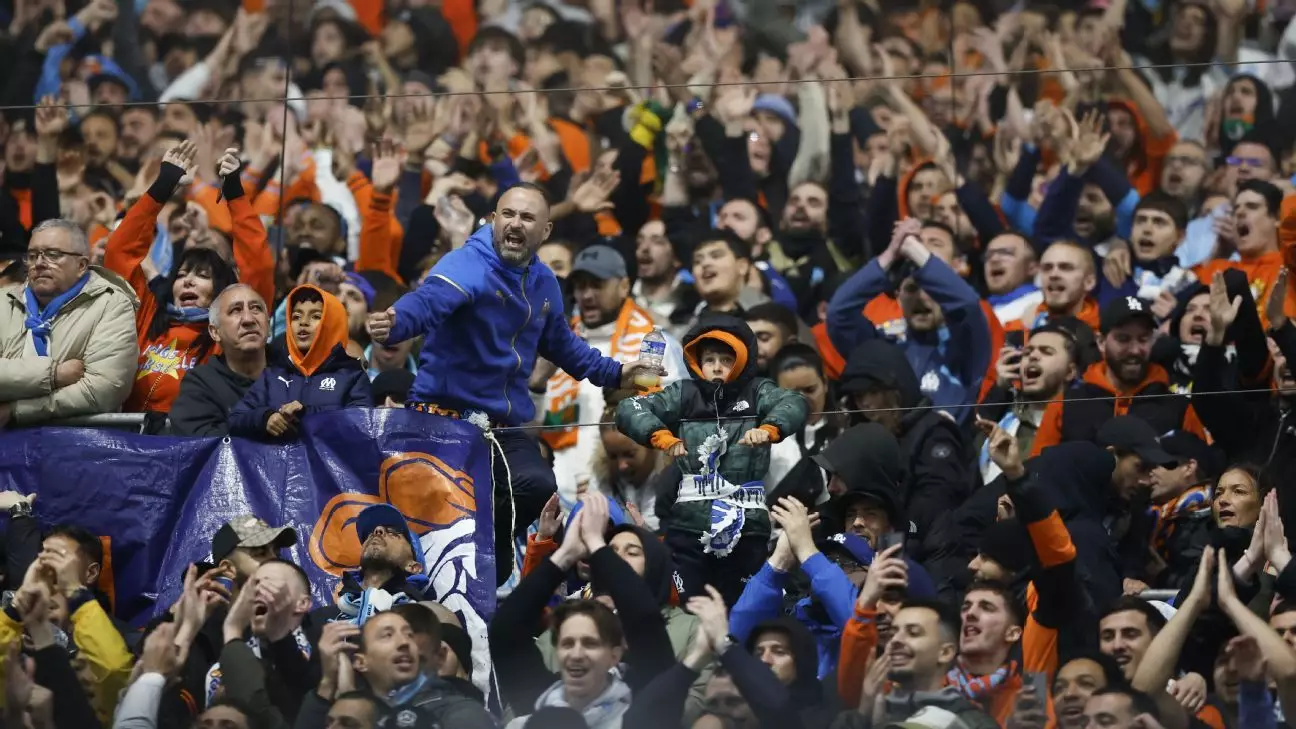The French liquor company Pernod Ricard’s decision to enter into a sponsorship deal with Paris Saint-Germain (PSG) resulted in a backlash from Marseille fans. Marseille, a bitter rival of PSG, felt a sense of ownership over the anise-flavored aperitif pastis – a drink long associated with the city. The fans took to social media using the hashtag #boycottPernodRicard to express their disappointment and betrayal by a company that prides itself on its Marseille origins.
In response to the mounting protests, Alexandre Ricard, the CEO of Pernod Ricard, decided to cancel the four-year sponsorship deal. He acknowledged the strong emotions evoked by the partnership announcement and stated that he made the decision after listening to the concerns of various stakeholders, including employees, customers, and shareholders. Ricard emphasized the sentimental connection between the company’s history and Marseille, highlighting the decision as a heartfelt one that resonates with the brand’s core values.
While pastis is consumed across France, its ties to Marseille run deep, particularly due to Paul Ricard – a Marseille native who commercialized the drink under his name in 1932. Pernod Ricard, born out of a merger between Pernod and Ricard in 1975, has a rich history intertwined with Marseille’s cultural heritage. Despite its global presence and diverse portfolio, Pernod Ricard faced criticism for overlooking the regional sentiments associated with pastis in favor of a global marketing strategy.
The rivalry between PSG and Marseille in French football is deeply rooted and passionately followed by fans. Marseille, the only French team to have won the Champions League in 1993, has historically been PSG’s fierce competitor. With PSG’s recent financial backing from Qatari investors, the power dynamics have shifted, but the rivalry remains a point of pride for both clubs. The failed sponsorship deal with Pernod Ricard served as a reminder of the fierce loyalty and emotional investment fans have in their respective clubs.
The fallout from the sponsorship deal highlights the delicate balance companies must strike between global ambitions and local sensitivities. Pernod Ricard’s experience with PSG and Marseille underscores the importance of understanding and respecting the cultural significance attached to brands and products. As companies navigate international partnerships, they must be mindful of the historical and emotional connections that consumers have with certain products, especially in regions with strong cultural identities. A misstep in this regard can lead to backlash and reputational damage, as seen in the case of Pernod Ricard and its ill-fated deal with PSG.

